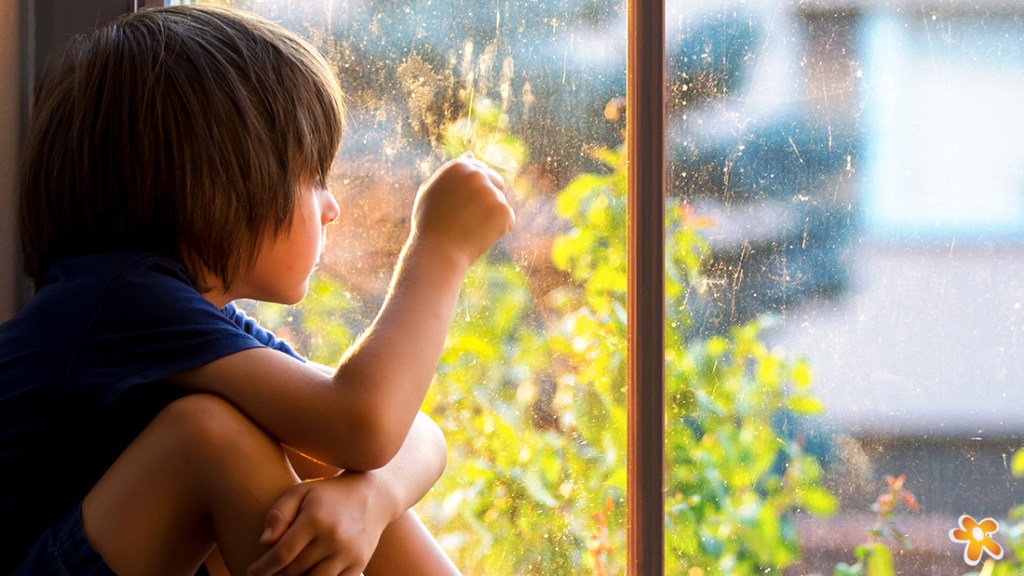Creating Balance and Resiliency During Difficult Times
Creating Balance and Resiliency During Difficult Times When tragic events occur in our local communities and nation, there can be a range of emotions experienced including anger, frustration, fear, vulnerability, confusion and sadness. All of these are normal reactions, and each of us can be affected in various ways. At times like these, while it can be uncomfortable and confusing, it is okay to feel a mixture of emotions. We all process and cope with the knowledge and information differently. Some could experience challenges with the daily activities we engage in, including sleep, appetite, remembering tasks, or concentrating. These are normal responses to stress, and while they should pass over time, continual media coverage, discussions and reactions to the turmoil continue to keep the events directly in front of us. Media can make moving forward quite a challenge, no matter how ready we are to move the experience and emotion to a different place. Self-care, coping, and building resilience are crucial during stressful times, and everyone copes in different ways. Some helpful tips and possible suggestions to consider include:
- Talk about your emotions
- Take care of yourself through balanced meals and good sleep
- Stay active through exercise or playing sports
- Spend time with friends and family
- Reach out to the communities that support you, whether it be a religious community, school community, or special interest community
- Listen to music, journal, practice yoga or meditation, or spend time outdoors
- Take control of your exposure to media and social media
- Maintain routines
This is also a time when children might have more questions, as they try to process and understand the world in which they are living. It is important for adults and caregivers to provide children and adolescents with a safe place to explore their thoughts and questions in order to process these events. In these moments,
- Remember to remain calm and controlled. You are the number one model for your children and adolescents.
- Validate feelings. Whatever mixture of feelings they are experiencing is okay and normal. Also ensure children that at some point, that feeling will pass.
- Reassure children that they are safe. Remind children that trustworthy people (i.e. teachers, doctors, police) are in charge and are always working to make sure the community is safe.
- Encourage good communication.
- Encourage children by keeping the balance. Help them be kids through play or fun activities.
- Provide outlets for children’s desire to help.
- Stick to the facts and keep explanations developmentally appropriate.
The National Association of School Psychology provides great guidance of how to appropriately talk to children about violence:
- Early elementary school children need brief, simple information that should be balanced with reassurances that their school and homes are safe and that adults are there to protect them. Give simple examples of school safety like reminding children about exterior doors being locked, child monitoring efforts on the playground, and emergency drills practiced during the school day.
- Upper elementary and early middle school children will be more vocal in asking questions about whether they truly are safe and what is being done at their school or in their community. They may need assistance separating reality from fantasy. Discuss efforts of school and community leaders to provide safe schools and communities.
- Upper middle school and high school adolescents will have strong and varying opinions about the causes of violence in schools and society. They will share concrete suggestions about how to make school safer and how to prevent tragedies in society. Emphasize the role that adolescents have in maintaining safe schools/communities by following school/community safety guidelines (e.g. not providing building access to strangers, reporting strangers on campus, reporting threats to the school safety made by students or community members, etc.), communicating any personal safety concerns to school administrators or community leaders, and accessing support for emotional needs.
If you find that the stress is overwhelming for you or your child, or that you are not finding the intense emotions or challenges in daily life subsiding, please do not hesitate to reach out or seek professional assistance. You are not alone. There are multiple services and supports within our community that could offer assistance, resources, and professional guidance. References:
- nasponline.org (National Association of School Psychologists) – this also has great suggested points for caregivers to use when speaking to children about violence
- apa.org (American Psychological Association)
Dr. Catherine Funk, PhD. Licensed Psychologist Clinical Director of Behavioral Health at Carolina Pediatric Therapy
Want to know how a Therapist can Help?
Call (828) 398 0043 or click on the schedule button.



